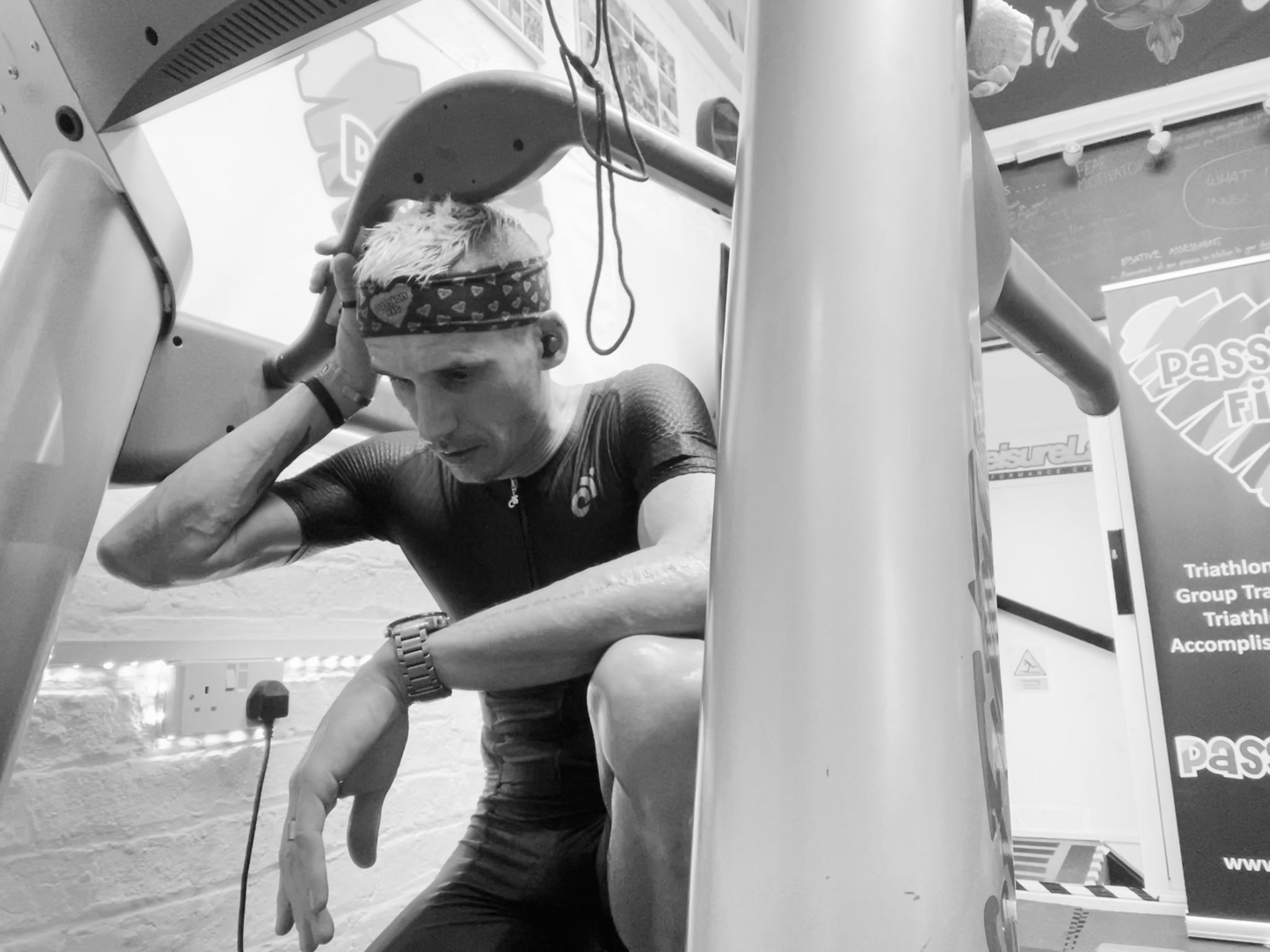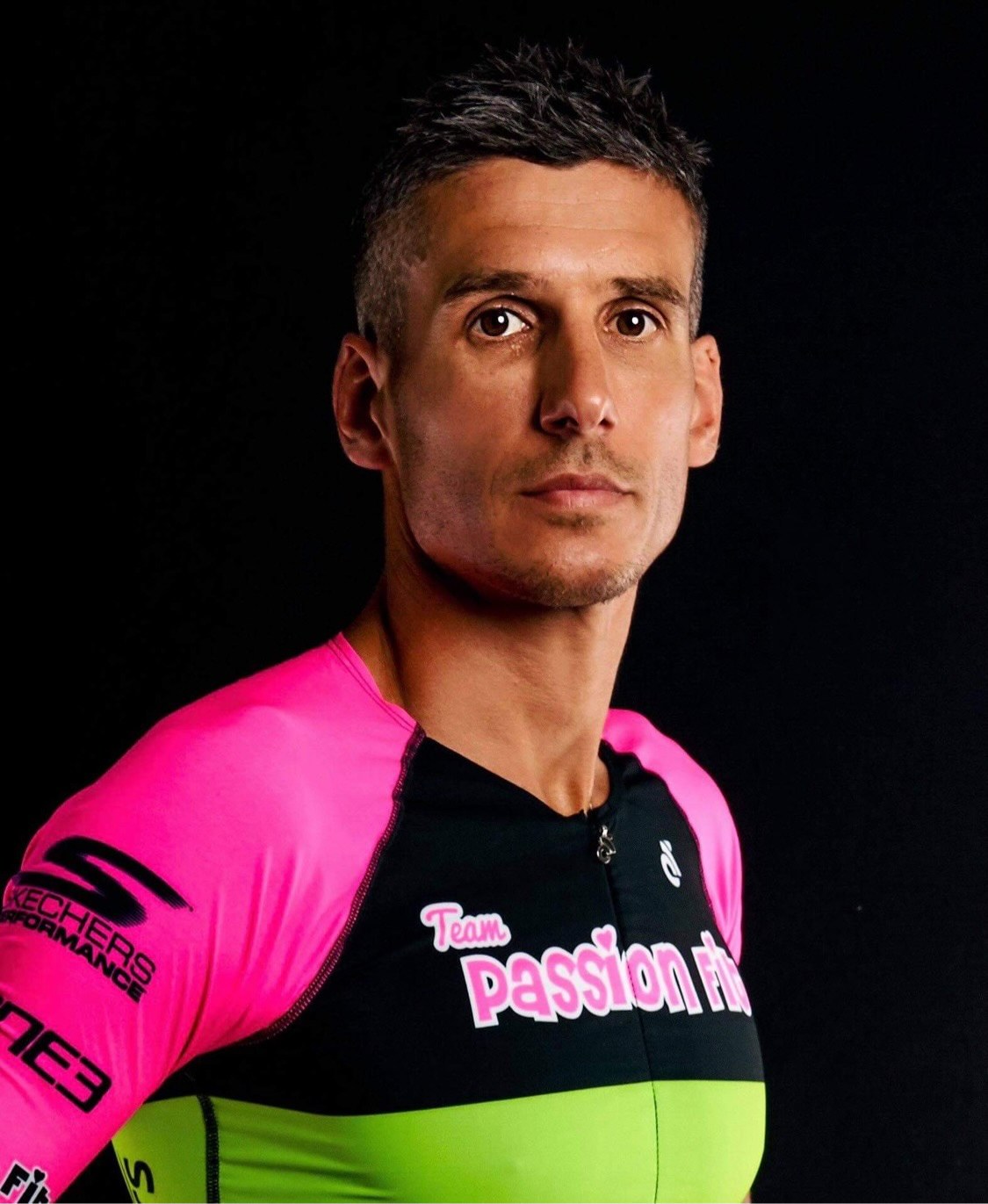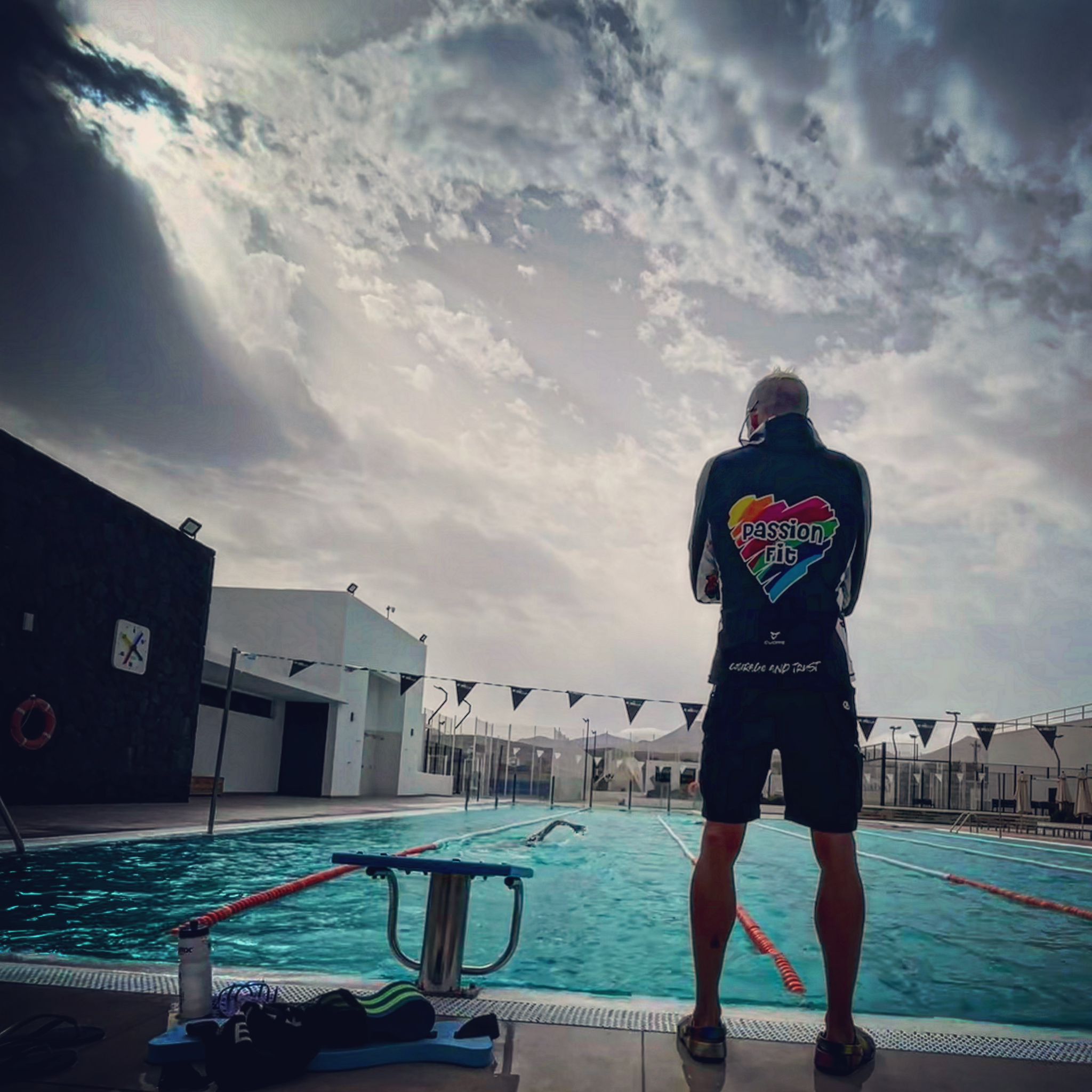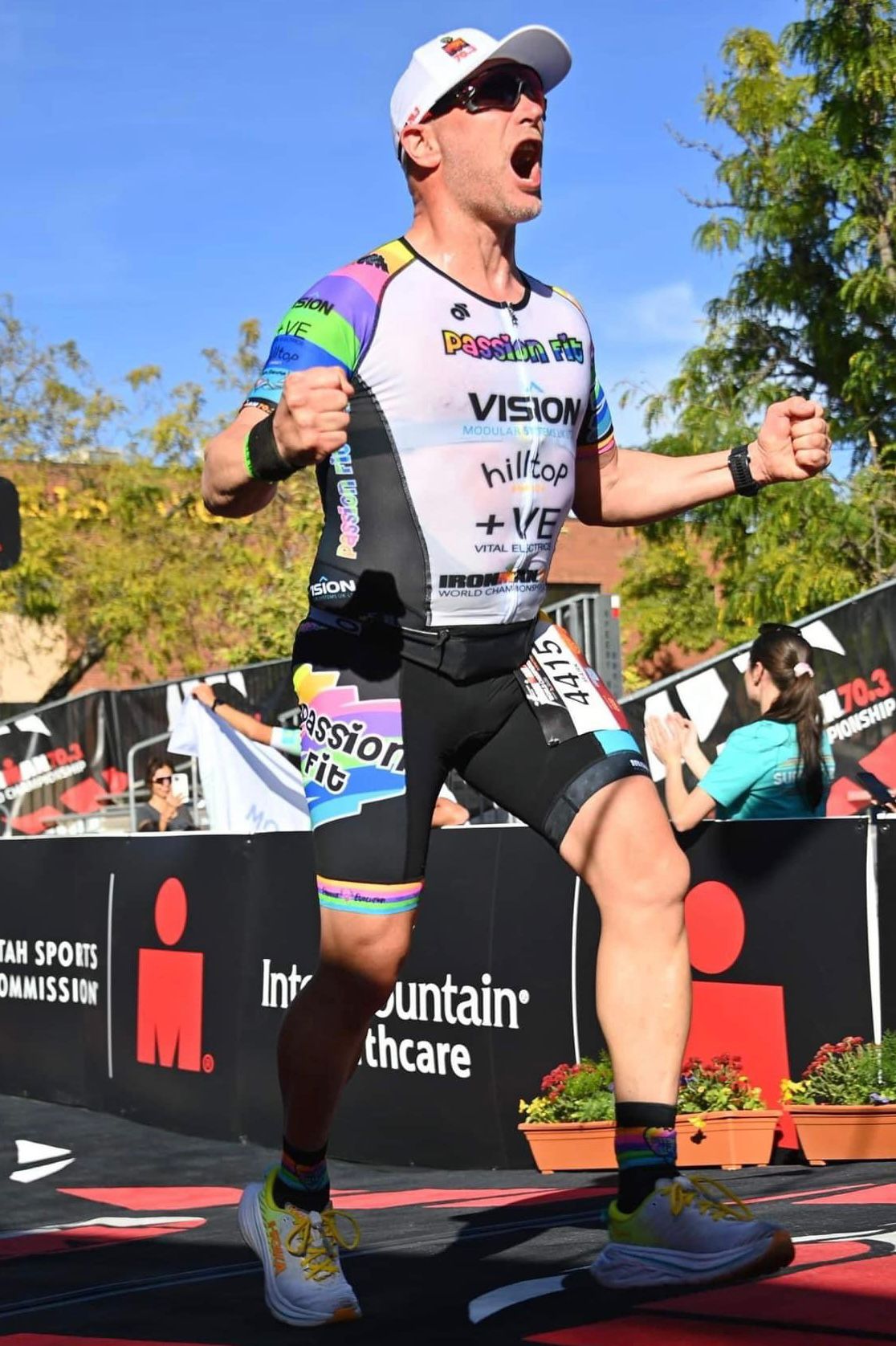Tom Ward, Passion Fit Coaching

Do you sometimes feel demotivated by the performance goals you set yourself? Do you define your accomplishment by the outcome of a race relative to others? If you find your emotional state is effected by your results alone, whether that be the elation of a favourable result or the disappointment of missing that result, then perhaps you need to revisit the underlying reasons you do sport.
If 30 years of performance coaching in the sporting and corporate world has taught me one thing, it is this: faster, richer, more senior, more popular etc. never lead to greater fulfilment. People often believe they will, in fact sometimes they convince themselves that they have. But, in my experience the pursuit of these goals only leads to frustration, lost motivation, confusion and emptiness. I believe there is an opportunity to find more motivation and fulfilment by shifting primary goals away from performance. This approach is one that can be applied throughout a sporting life, and safeguards athletes from disappointment on the days their desired performance levels elude them.
I believe there is an opportunity to find more motivation and fulfilment by shifting primary goals away from performance.
It is common for coaches to promote themselves based on a performance incentive. But I believe that promoting this risks exploiting some individuals’ need to chase cultural expectations of measuring success based on how we perform relative to others. This is so common in modern society. It plays on our societal conditioning which leads us to believe that being faster, or being better than someone else, matters. But it also leads to a sense of never being enough, and often not feeling proud of what you have actually accomplished.
In the majority of sports, and triathlon specifically, performances relative to others are largely circumstantial. The field you race is circumstantial, as are many other factors that affect outcomes. Age group five year bands are circumstantial. Even the fact that a top three, five or ten constitutes a podium is circumstantial (someone literally just made this up).
So, if being faster is not going to bring you a feeling of sustained fulfilment, what is?
A sense of purpose and a feeling that we are adding value to the world around us brings far more emotional reward. I have watched countless athletes make the journey towards these objectives with the result of greater fulfilment and long term, sustainable happiness.
I believe that a coach should help their athletes to continually move towards a more fulfilled and higher functioning version of themselves. Sport can be a part of that journey, but if the journey is about self development then it may not be appropriate for it to also be about performance, especially relative to others. A consistently effective approach combined with the right attitude will result in a mindset and subsequent behaviours that are the key to unlocking potential both in sport and life. When the discipline to sustain these behaviours is adopted consistently enough and for long enough, the performances and outcomes look after themselves. Becoming a higher performer may well be a side effect of changing mindset and attitude and adopting disciplined behaviour, but it should never be the primary goal. A coach should show you how to apply the lessons sport teaches you to enhance your development as a human being across all aspects of your life.
A coach should show you how to apply the lessons sport teaches you to enhance your development as a human being across all aspects of your life.
Do not misunderstand me, if being a faster athlete is important to you and is underpinned and supported by appropriate, balanced and value adding ’whys’ this is something you should be supported to achieve. In fact, almost every athlete that chooses goals focused around behavioural accomplishment becomes faster, many considerably so (at Passion Fit we currently coach two Ironman champions).

If this is not something you currently incorporate into your coaching or training then perhaps there is an opportunity for you to consider how to do this. Maybe the fulfilment you or your athletes are looking for is simply a choice of attitude and mindset that you always had the power to make.

Tom Ward is the co-founder & coaching strategy director of Passion Fit Coaching and Infinite Evolution.
Tom has over 30 years experience coaching in elite sport & the corporate world.
His primary focus is the creative development of innovative coaching strategies that help individuals and teams continue to thrive in both athletic & corporate environments under the demands of the ever evolving, modern world.


